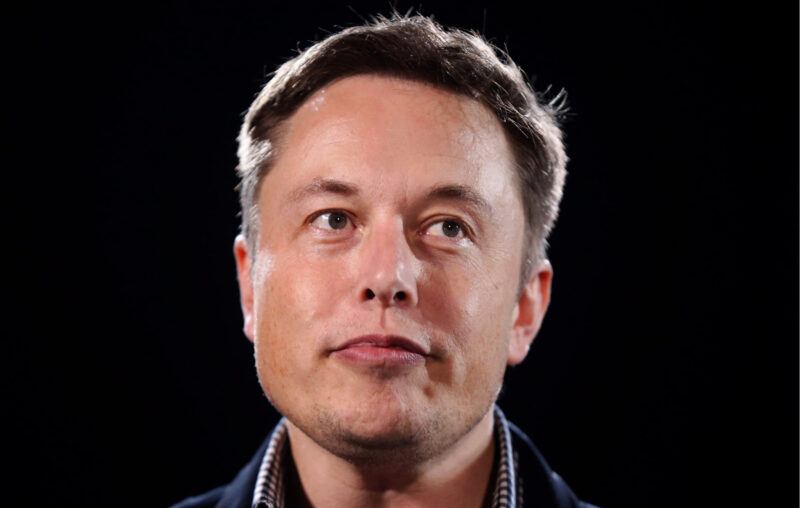
A remarkable discovery is here. World hunger can be eliminated if a few of the Greedy/Wealthy (hereafter, GW) class give up a portion of their wealth. The surprising conclusion is that if there were fewer rich people, there would be fewer poor people.
The exact mechanism by which reducing the number of GW would solve world poverty is murky, I have to admit. We know that the answer can’t be UN-managed aid programs: as NYU development expert William Easterly noted in his 2015 book, The Tyranny of Experts, aid programs are a transfer from middle-class taxpayers in developed nations to rich government officials in poor nations.
The thing is, most poor nations are also highly unequal in their income and power distributions. So it’s hardly surprising that when we give a nation money and say, “give it to the poor,” the money goes instead to the powerful, or is dissipated by corruption. As Humberto Lopez points out, “Intuitively, if the poor have a low share in existing income, they will likely have a low share in newly created income.” As I have argued elsewhere, it is hard to “give away” money, because it sets up rent-seeking contests that can dissipate most of the value being transferred.
That’s why the recent surprise discovery by David Beasley of the “World Food Programme” is so revolutionary. All that is necessary to solve world hunger is for the GWs to give him, David Beasley, a lot of money. Beasley claims, “It’s not complicated.”
But the GWs are skeptical (of course, because they’re greedy). Elon Musk, for example, wanted details, and “open source accounting, so the public sees precisely how the money is spent.” That is probably going to be a problem.
The problem is that we have already spent hundreds of billions of dollars on programs to end poverty, and yet there is still….poverty. Part of the reason is the “leaky bucket” explanation I discussed above, where the money doesn’t get to the poor, but gets siphoned off by the powerful. But Mr. Beasley is claiming he can bypass those corrupt government officials, and “this time will be different!”
One wonders what Mr. Beasley thinks will happen. Presumably, U.S. troops will be used to invade poor countries and take over their government aid distribution networks, to make sure the money actually reaches the hungry. We have such a record of success in doing that (Vietnam, Haiti, Somalia, Afghanistan, Iraq, and so on) that this must be what Mr. Beasley has in mind.
I say, Mr. Beasley is just not thinking big enough. Look, GWs are actually quite poor compared to a more obvious source of funds: The Wasteful Government (hereafter, WG). According to the office of the Under Secretary (Comptroller) of Defense, the U.S. will spend more than $600 billion next year (and maybe a lot more) on defense, more than the next 11 biggest-spending countries combined.
On the other hand, we don’t really need to touch the defense budget, because the U.S. has already solved its own problem with poverty and hunger. The WG in the U.S. will spend well over $3 trillion (yes, with a “t”) on anti-poverty programs in 2021. That dwarfs the fortunes of the GWs, and note the benefit: if $6 billion will feed 43 million people, then just 10% of the US WG antipoverty budget (that’s $300 billion) will feed more than 2 billion people! Hunger will be eradicated, worldwide.
So, for Mr. Beasley, you don’t need to hector the GW, when the WG is really (to paraphrase Willy Sutton) “where the money is.” I have the address where Mr. Beasley should send the invoice for the $300 billion that will eliminate world hunger:
Wasteful Government in Chief
1600 Pennsylvania Ave.
Washington, DC 20500
Reprinted from Law & Liberty
* This article was originally published here
HELP STOP THE SPREAD OF FAKE NEWS!
SHARE our articles and like our Facebook page and follow us on Twitter!



0 Comments